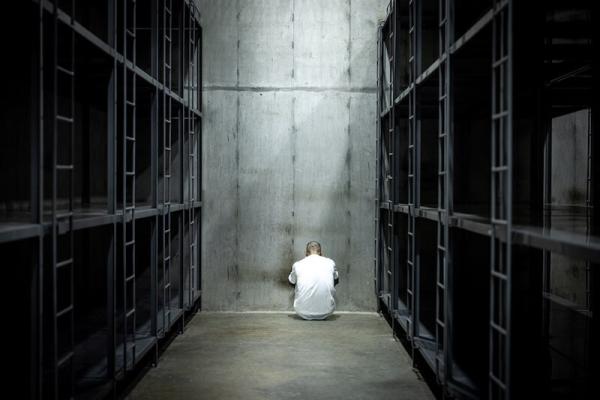In August 2016, Rudy Martinez received clemency from President Obama. He was one of 1,714 people who had their sentences commuted during Obama’s second term. Like Rudy, nearly all of them were non-violent drug offenders. In those two-and-a-half decades of incarceration, he often joked that he would be free when the Cubs won the World Series.
It turned out he was right.
Rudy’s freedom came from the most explicit expression of Christian principles in the Constitution — forgiving others, even when they have done wrong. Sadly, and perhaps ironically, the use of the presidential pardon power abruptly stopped with the election of President Trump — who won largely on the votes of committed Christians.
Clemency is an idea deeply rooted in Christian faith, and the Jewish tradition that preceded it. Jesus granted clemency to a woman about to be stoned to death, and was considered for clemency himself as part of a Passover tradition.
Clemency traveled from ancient roots to British law, and then to our own shores. Because it was a power of the king, some of the founding fathers were skeptical about clemency. But others asserted the importance of mercy. In “Federalist No. 74,” Alexander Hamilton wrote, "Humanity and good policy conspire to dictate that the benign prerogative of pardoning should be as little as possible fettered or embarrassed.... one man appears to be a more eligible dispenser of the mercy of government, than a body of men."
It is striking to come across a spare, sharp, faith-constructed word like mercy in a discussion of the Constitution by those who wrote and shaped it. It shouldn't surprise us, though — despite their deist tendencies, the framers of the Constitution lived in a culture linked by Christianity as a common bond and area of shared knowledge. The first Chief Justice of the Supreme Court John Marshall furthered this theme by referring to a pardon as "an act of grace."
And yet during the recent presidential transition from President Obama, often rejected by the most public of Christians, to President Trump, broadly embraced by them, we have lost the real-time use of the benign prerogative of mercy. While Obama came to this idea in the last few years of his second term, he functionally revived his pardon power as a principled tool of the presidency. Between 2009-2017, he granted over 1900 pardons and commutations, shattering the record of his contemporaries.
To date in his term, President Trump has done nothing. He has neither granted nor denied a single petition despite a backlog of more than 11,000.
Out of sheer luck, Rudy is not among the people waiting on the current president to give him clemency. Instead, he is out, working, enjoying the company of his grown children, and living in the home of his eighth-grade basketball coach.
During Rudy’s 27 years of incarceration, he took 170 classes and immersed himself in literature. He reformed, redeemed, and reinvented himself. I remember printing out the list of his classes before writing his clemency petition and shaking my head at the variety, imagining this man who joined the Latin Kings at age thirteen pondering Shakespeare’s sonnets. “Cervantes...” he told me at lunch one day after he was released, “I didn’t expect him to be so funny!”
Some people need to be in prison, for the safety of our society. There are others who do not. By ignoring the duty to discern one from the other through the ancient power of clemency, we leave rotting on the floor a remarkable thing shaped by our history of politics, faith, and hope — twined together like strong, sure rope.
If this president won’t do the job, the next one must pick up that rope and haul up some of those least among us who remain in prison; to do so would be true to the deepest ethics of our greater community and the best of our history.
Got something to say about what you're reading? We value your feedback!







